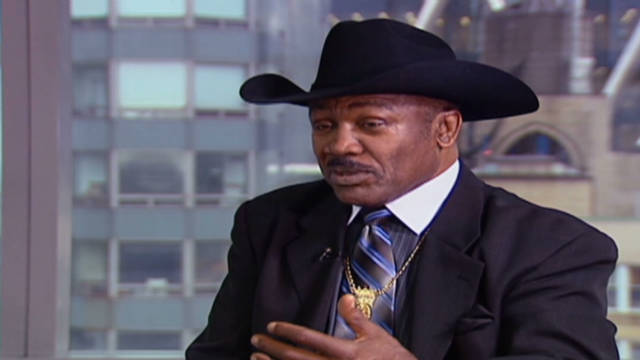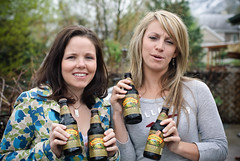Senh: Jeez, it was just a couple days ago when I featured a story about his cancer diagnosis. I thought he would at least have a couple more years, if not more.
Cancer | featured news
'Fatty apron' fuels ovary cancer
Senh: Ok, the "fatty apron" is a body part, but an actuall apron used for cooking.
Panel Recommends HPV Vaccine for Young Boys
Senh: If girls are already being vaccinated for it, it would only make sense for boys to do it too. Sure, it's yet another vaccine for kids, but they can get it later between ages 9-26 and it prevents cancer. It's a tough decision to make for boys because the virus is mostly transferred by homosexuals, but it's difficult to tell if your boy's gay at age 9-13.
Daily coffee may lower your skin cancer risk
Senh: Coffee is becoming more and more like wine: studies are touting more and more of its health benefits.
Hugo Chavez Reportedly Has Two Years to Live
Senh: If he knows he only has two years left, isn't it better for the country for him to just retire after serving the end of his current term? I guess some people just can't let go of power. But then this is Fox News, and it's coming from his former doctor.





